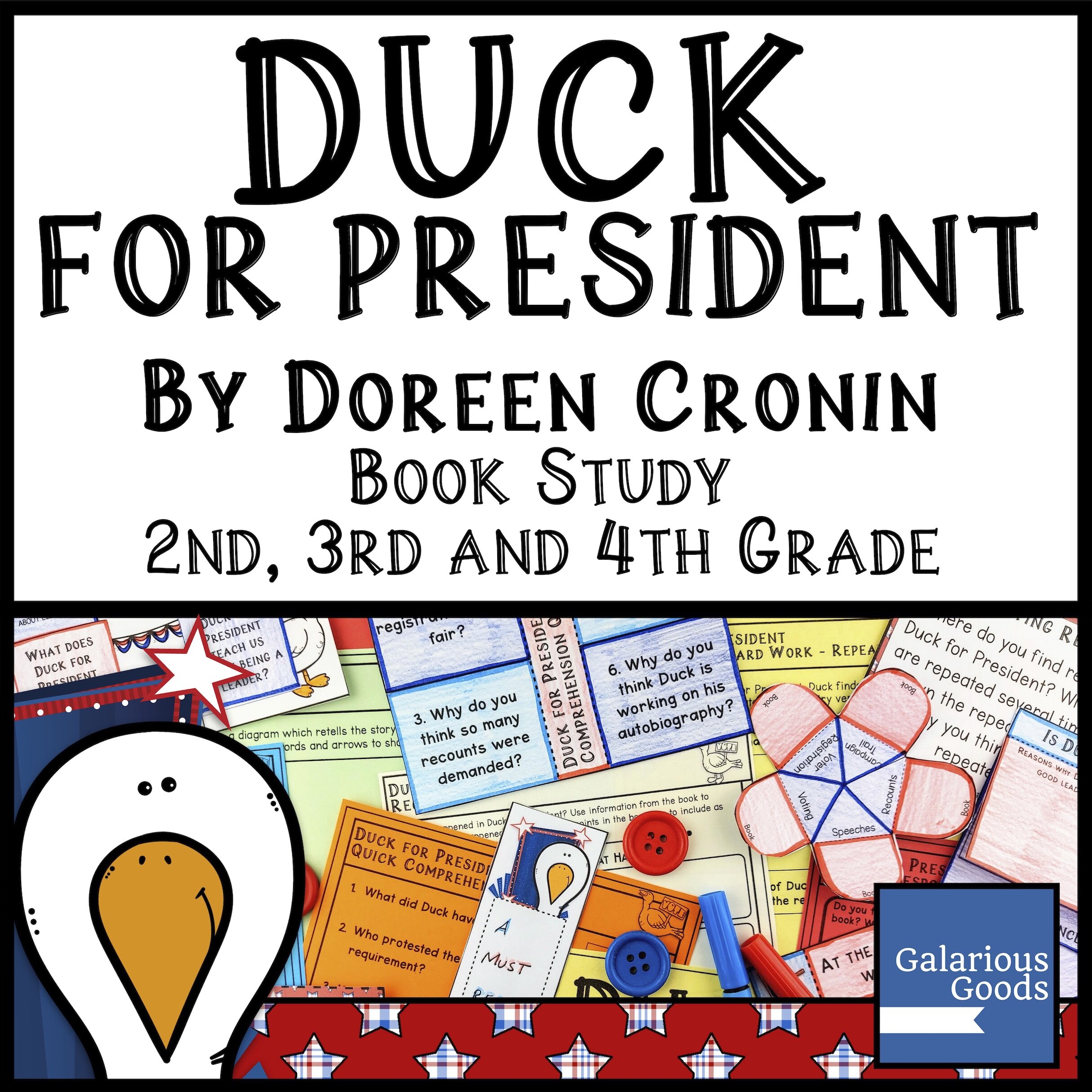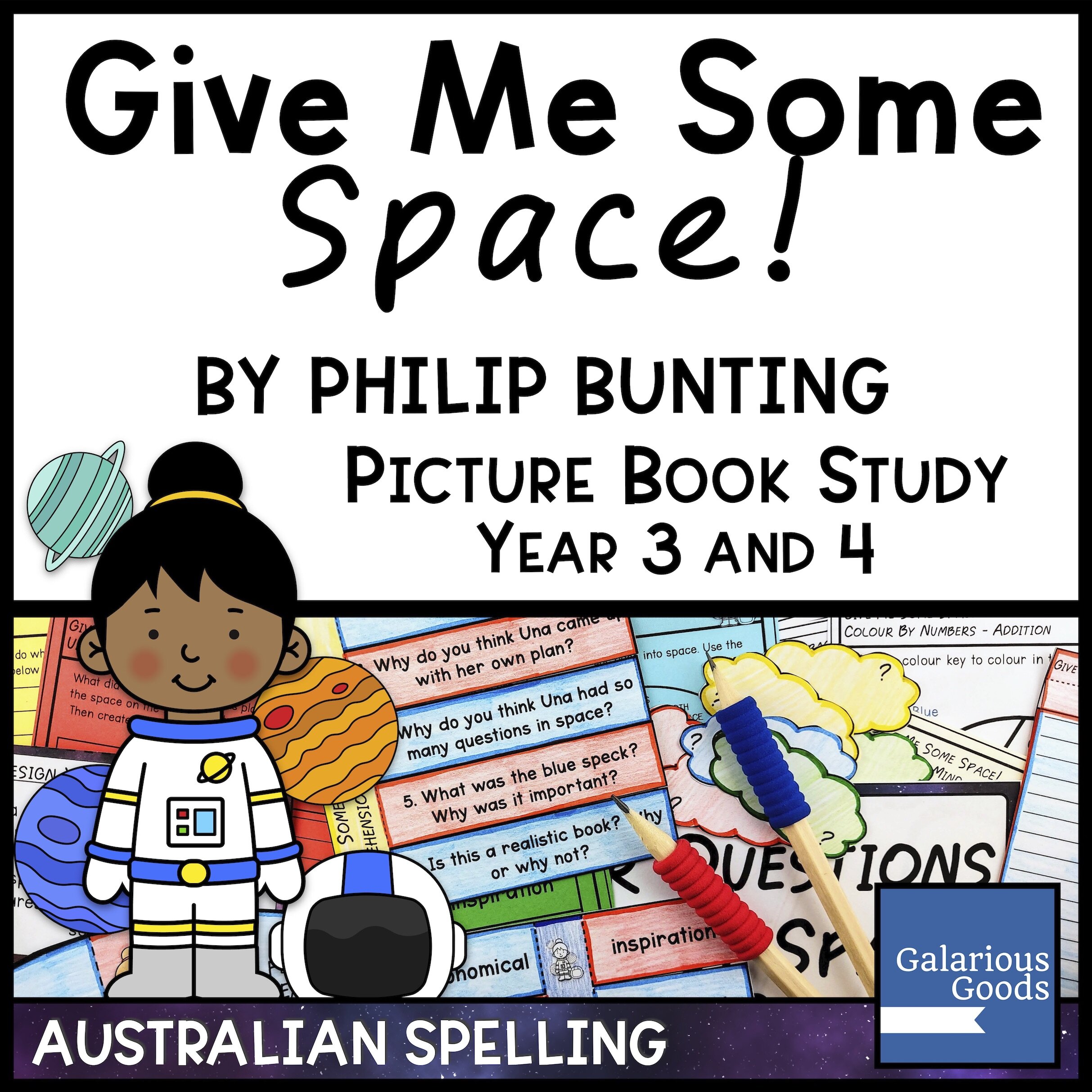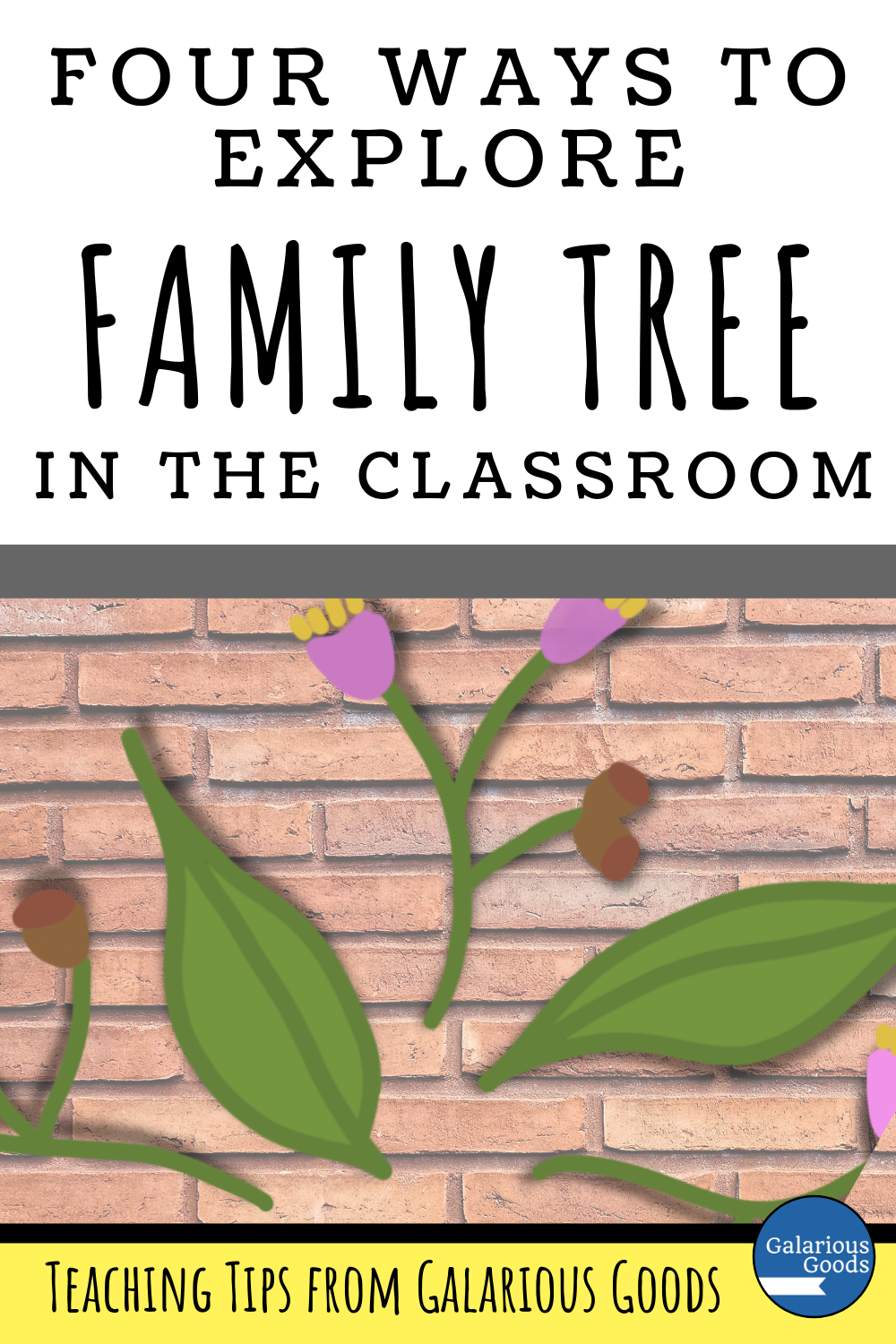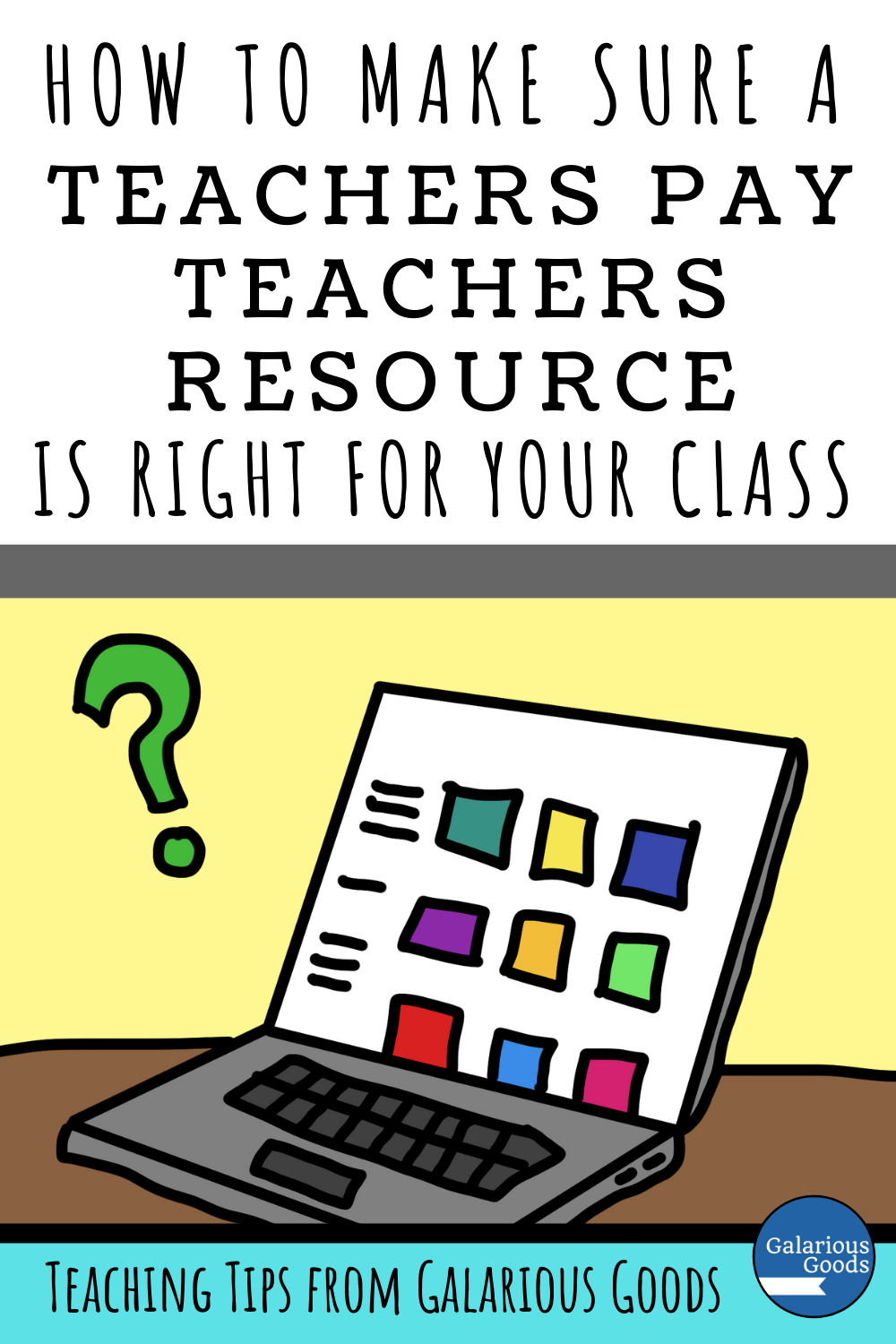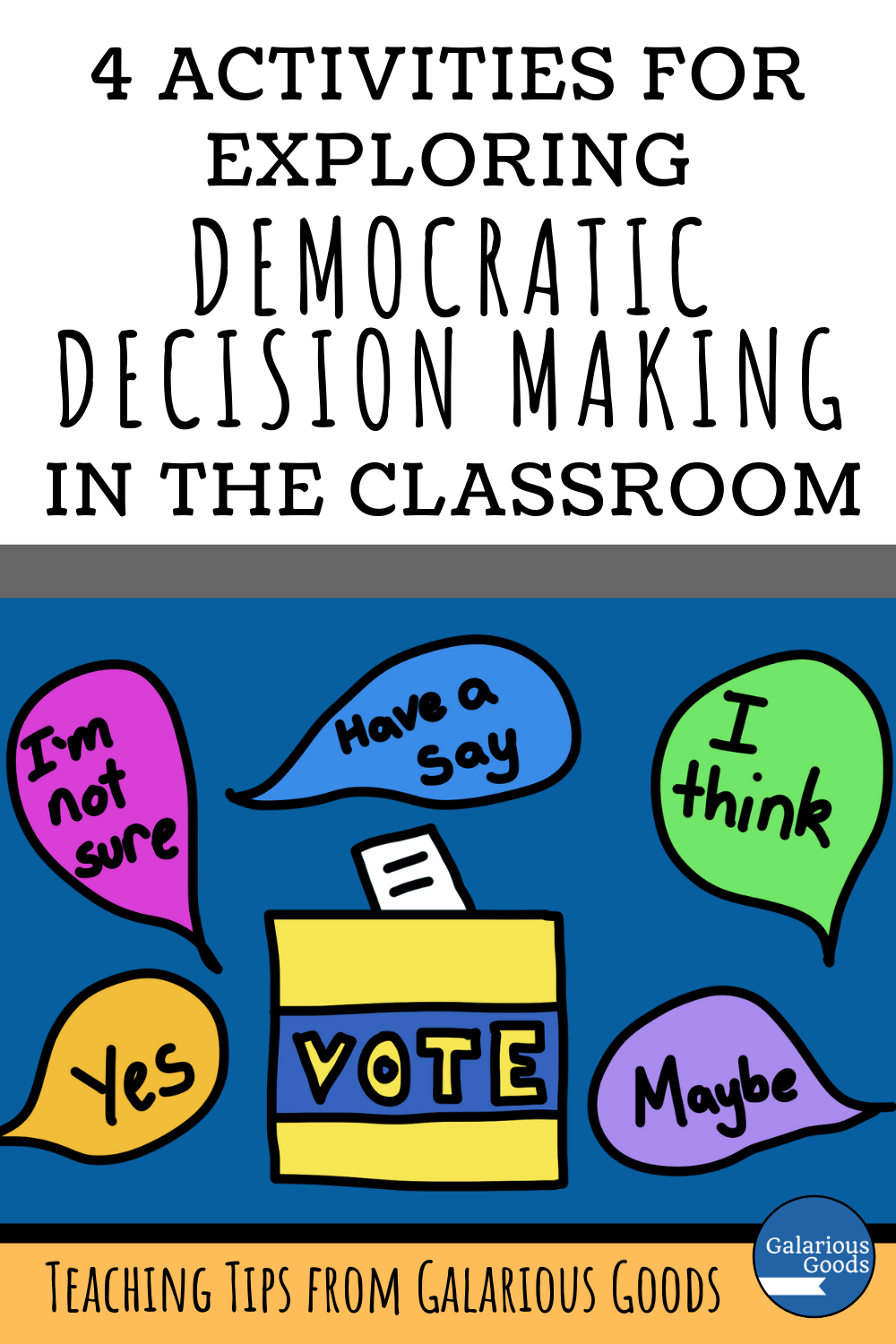5 Times Teachers Should Contact Parents (and 5 Times They Might Consider It)
/Parent contact can feel like just another thing to do in a busy teacher life, but it can be a vital step to building good classroom relationships with students and their families. Here’s some times when you should get in contact with parents and carers and times when you might consider it
Five Times You SHOULD Contact Parents and Carers
1. An Introductory Contact
If you don’t have an opportunity to see parents face to face or you’re new to a class, a quick introductory email or message can be a great way to establish relationships with students’ families. These messages don’t need to be long - just a few sentences will let parents know who you are and how to get in contact with you. This can also be a great way to establish contact boundaries - letting parents know when you’ll be able to talk with them or that you’ll restrict email responses to working times.
2. When Parents or Carers Contact You
You absolutely don’t need to respond to parents or carers right away, but you should respond to any emails you receive. It can be as simple as thanking them for their email or asking them to set up a meeting time through the school office, or it might be a more in-depth response. Responding to parent contact allows parents to know that you are aware of any concerns or information they’ve shared with you - plus, it’s just good manners.
3. When Something is Wrong, Different or Changing
If students are demonstrating continual poor behaviour or disengagement from school work, a gentle message home gives families a heads up and prevents surprises when report cards or parent interviews come around. Contact with parents can also open up communication if something different is happening at home or if school and families need to work together to pursue further investigations.
If something is changing in the classroom, giving parents a heads up can prevent misinformation or anxiety at home. This might include changes in days for specialist lessons (especially if uniform changes are required and parents need to consider laundry), changes in teachers or new behaviour management systems.
4. For Positive Events
You’ve just finished a really great unit of work and you’ve got a culminating event. You’d love parents to come along, so you let students know they can invite them. But . . . students are not always the best carriers of information. Things get muddled and confused or just forgotten. A quick email home lets parents know the time, the place, what they’ll see - and you can let parents know if you’ll be taking pictures or videos to share with them if they’re not able to make it.
5. If You Want Family Engagement
Family engagement comes in many different shapes and sizes, from volunteering at the school fete to being members of parents committees to helping kids at home. But if you want family engagement of any kind, you have to communicate with them. If you want parents to read with the students, they need to know this. If you want parents to fill out book logs, they need to know. If you need volunteers for an excursion, they need to know - but they’ll also be more likely to volunteer if you’ve put in the work to communicate with them regularly.
For learning related engagement, don’t forget to explain the aims of the activity. If you can’t explain to parents why you need them to do something, you might need to consider why you’re asking them to do it in the first place.
Five Times You MIGHT Contact Parents and Carers
1. After Classroom Testing
This can vary depending on your school’s philosophy around classroom testing, but for schools which regularly move students through reading levels, spelling levels or other levelled programs, letting parents know about progress allows them to celebrate those small achievements. This doesn’t have to be a big email - a simple “Yay! Joe moved onto Level 13 books today!” would let parents know where their child is at - and that you consider it an achievement to be celebrated.
2. With Positive Stories
Has a student done something particularly well that day? Or have they shown determination, hard work or great behaviour over a period of time? Let their family know about it! A positive phone call or email home leaves everyone feeling good, lets families know what’s happening in the classroom and creates a positive foundation for working between home and school.
3. With Event Reminders
Is something coming up soon at school? An excursion? Swim lessons? After school event? A quick email home with the details prompts the memories of parents and carers, makes sure that nothing important is missed and opens the door for any questions parents may have. This is particularly helpful for parents who aren’t always comfortable navigating school spaces.
4. A Weekly/Monthly/Term update
A regular newsletter style update allows parents to know what has been happening in the classroom and what is happening in the future. It’s a good opportunity to include any reminders, to celebrate classroom achievements and to build those positive relationships. While some schools have systems which make this easy to produce regularly, you can also make it a quick and easy thing once or twice a term - at the beginning of term to share what you’ll be exploring and at the end of term to share a few class achievements and photos if you are able.
5. When Starting a New Learning Unit or Topic
Letting parents and carers know about new topics or learning units is a great way to just touch base with them. But it can also be a good way for students and your class as a whole to engage in new knowledge or material. You never know when the families of your class have experience with a topic, or can offer a book, photo or other information which will make your learning topic richer. This also doesn’t need to be over the top - you can restrict it to topics which you’re really excited about, topics where you know families can make contributions or topics which have an excursion attached.





